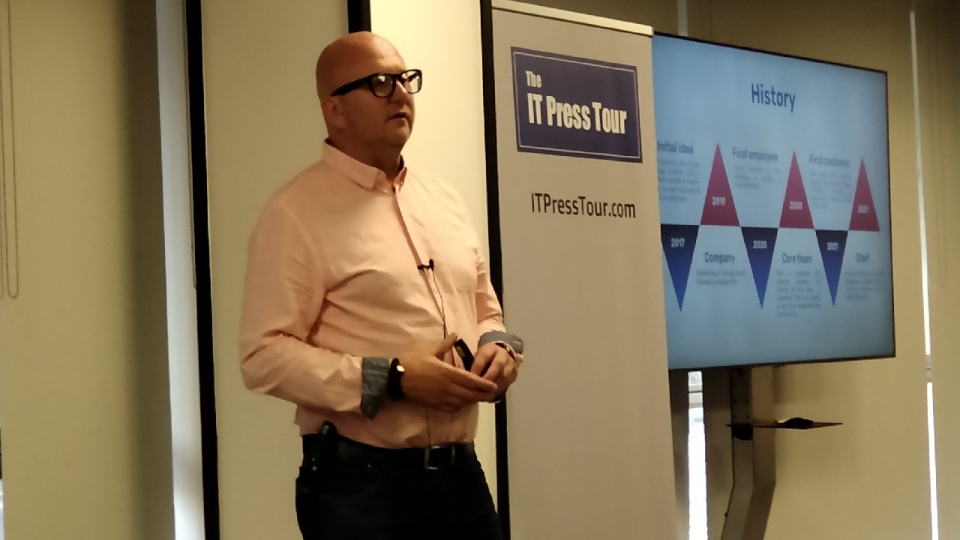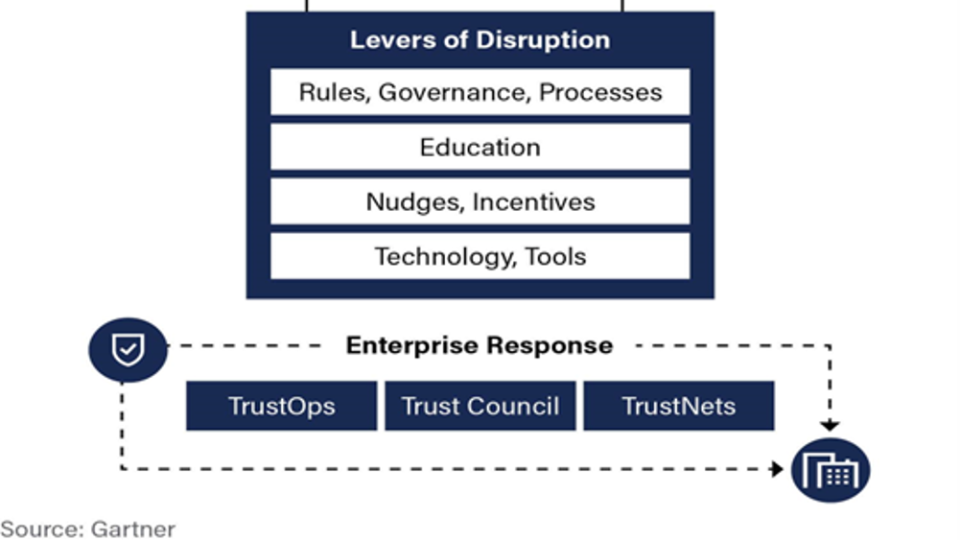
Estonia’s Storadera is opening new data centres outside the country to help alleviate any fears among potential cloud storage customers that using the company’s service is a risk, because of the “threat” from Russia.
Storadera currently hires space in a data centre in Estonia to serve the needs of existing data storage customers, but it is now planning to open new data centre space in both The Netherlands and the UK within months, to help mitigate any perceived threat from Russia in the region.
With the ongoing war in Ukraine, all three Baltic states, Poland and other countries bordering Russia are feeling an effect from the conflict on their cloud services market, according to Margus Danil, chief operating officer at Storadera.
On the IT Press Tour in Paris this week, Danil (pictured) told the assembled journalists and analysts from around Europe: “Some companies are nervous about putting their data with us because of neighbouring Russia. Customers also see a potential threat to the other Baltic states and Poland too, for instance.
“They may be right about this risk, which is one reason why we are opening data centres for our services elsewhere.” The location of The Netherlands and the UK for the openings was partly down to the company having existing managed service provider partners in those territories.
Next year, he said, the firm is also planning to open new data centre space for its storage offering in both the US and the APAC region. For further European data centre openings the firm is talking to “tier-1” data centre providers, he added.
While providing greater security for customer data, additionally, Storadera is in the middle of completing a funding round to aid its growth, with more details of that to come later, Danil said.
The company markets itself as a “much cheaper” cloud data storage option to the big three of Amazon, Microsoft and Google, and displays an easy-to-use cost calculator on its website to compare data capacity prices against those three firms. It charges €6 per stored terabyte per month, with free support.
It uses MSPs to sell its services and sells direct too.





